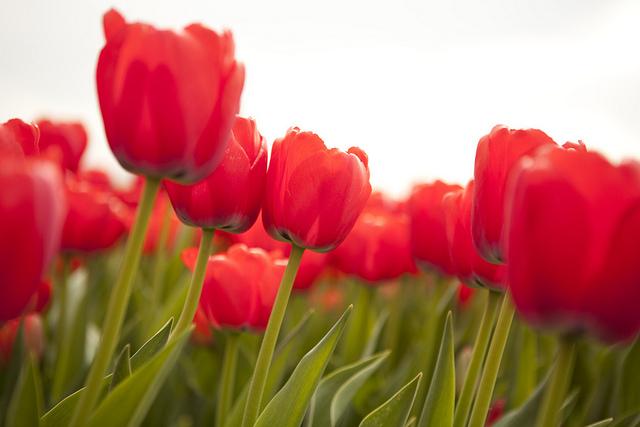
Terrifically alone in tulips
the rain made of the South China Sea
I swam toward a tiny island scrimmed with washed-up coral
and purple shells.
I saw how many perfect ones
waited for me. Giddy,
ashore, I pawed through them, straightened up
only when my hands were full. It was
like realizing I’d put on someone else’s jacket
by accident. The joy was not my own.
My mother was the one
who could never leave
a beach without a box of shells—
she found the hard armor
of small creatures
irresistible. Eerie, perfect, the certainty
that my delight was hers,
grafted on to me, sewn into me.
^
Spiders have what is called book lungs
so words make up a life
-stuff, a kind of atmosphere.
What the brain breathes.
New words opened new rooms of myself
to myself. To hear her say aphasia
inhibiting the production of language
swung wide a door to a black hole
my mind inched away from.
^
No one will go looking for bits of me
in my mother’s brain,
though they’d find them. We know now
how, in the womb, the fetus releases
some manifold cells into the mother which travel around,
fixing things, taking
on necessary jobs. They transform
into cardiac cells
or neurons, perform a patching-up
of what they find. A kind of miracle
product you might see advertised on TV
in another dimension.
Chimerism, this is called, though physiology hardly needs us
to translate it—it just is what strikes
as metaphor, as familiar. I will
whatever of me is in her
to wake, seed my joy: a need for words,
urge to collect the ones
that seem in the mind
like pieces of armor.
Rosalie Moffett is a writer and teacher from Eastern Washington. She received her MFA in poetry from Purdue University and has been awarded the Discovery/Boston Review prize and the Wallace Stegner Fellowship from Stanford University. Her poems and essays have appeared in Tin House, The Believer, FIELD, Narrative, Kenyon Review, Agni, Ploughshares, and other magazines, as well as the anthology Gathered: Contemporary Quaker Poets. She lives in Athens, Georgia.
Photo by Erik Westrum